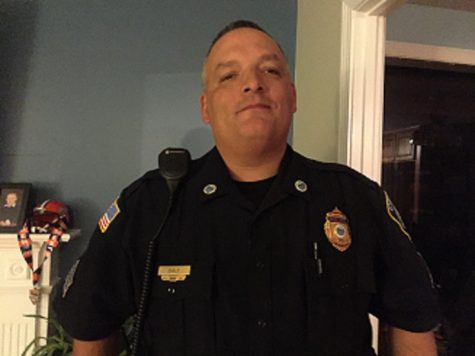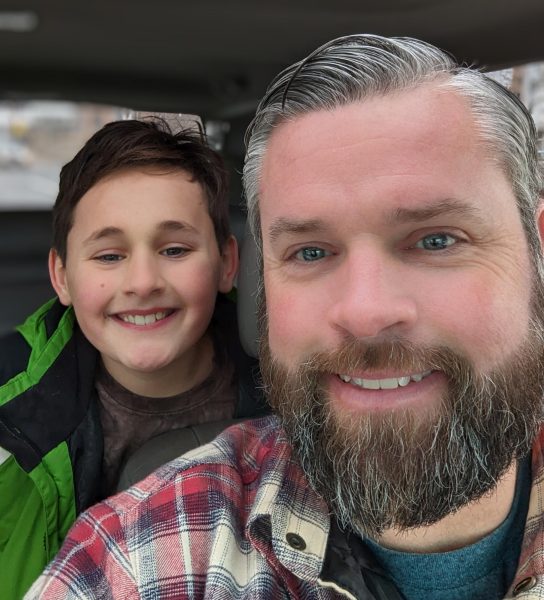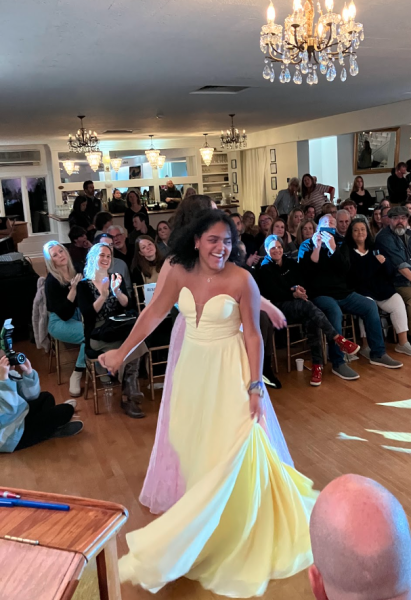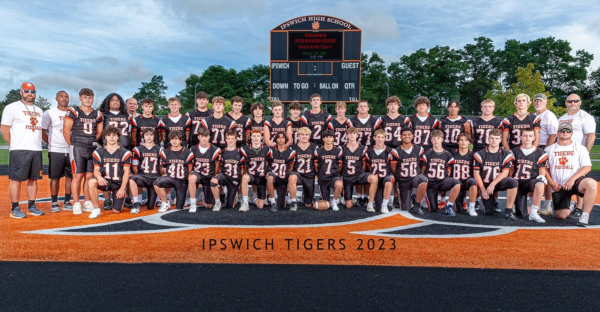No Such thing as “Private”
December 5, 2016
In 2013 Edward Snowden, a CIA agent, made national news, becoming one of the biggest names in the world. Starting in 2006, Snowden was hired by the CIA to work as a technology specialist. He was soon put on as an overseas spy, given top secret clearance taking an oath to protect what he was seeing. Somewhere along the way, Snowden was introduced to some material that he believed to be violating the rights of U.S citizens. In 2009, while stationed in Switzerland, Snowden started to feel like the government was doing more harm than good for the people of this country. He decided to try to make a difference.
The CIA started to sense that his work habits were not in the right place and his personality was changing. 2013 came and over the course of the year Snowden started leaking documents to film makers and other press sources. He fled the country and ended up in Moscow, Russia where his passport was taken by U.S authorities. He was granted asylum in Russia instead of facing charges in the United States. Once the United states had realized what he was doing, he had released between 50,000 to 200,000 documents of classified information.
The issue of national security was brought to light in the United States following Snowden’s scandal. His main objective was to warn the people of the United States of the corrupt government and how they abuse their powers. Many people started to question our government and the way in which they claim to protect us. While conducting interviews with adults and students, we found that opinions about the matter were divided. When we interviewed Mr. Krieger, a teacher at Ipswich High School, his opinion leaned towards national security. He believes the government has the right to invade privacy the slightest amount. Krieger also stated that “Our national security is crucial and deserves to have the right of crossing the line of privacy to protect.”
Now although he is not wrong by saying this, many would disagree with him. When interviewing other adults, they had the opposite in mind. One stated they would rather have their privacy right not infringed upon and lower the national security. Privacy is a fine line to cross, and once crossed it turns into a sticky situation. But do we do it to ourselves? Everyone we interviewed admitted to skipping reading the terms and agreements of websites, memberships and signing up for miscellaneous things. Maybe there is a huge part of the puzzle we are missing inside those terms and agreements. It could explicitly say “We are watching you right now”, and no one would have any idea because we don’t know what we are agreeing to. An easy alternative to this is websites that have terms and agreements should have short and brief summaries on the side making others more aware of the conditions they are agreeing upon.
We also took the time to interview an Ipswich police officer who had the most to say about this situation. Officer Justin Daly made a point in his interview to make sure we knew what side he was on. He expressed how Snowden had committed a crime that could potentially cost the lives of Americans. “I trust they are doing more good than bad by interfering with my privacy and the rest of the country’s privacy” he stated. He also admitted to never reading the terms and agreements of websites but he knows he isn’t doing anything the government would care to pursue. The biggest thing Officer Daly was upset about was the fact that Snowden is not being punished in America. He does not understand how a criminal like Snowden is just granted asylum time in a different country. “He is not insane and he does not have a mental disorder; he is simply a criminal who thought what he was doing was morally right. But all government officials whether it be CIA, FBI, NSA, even state and local police officers take an oath to protect and serve and he broke that oath.”
Overall, Edward Snowden is a big name in the United States and he succeeded at what he was trying to accomplish. Whether he was morally doing the right thing or not, he is no longer an ally to the United States. The many different opinions from across America and around the world have brought a major motion film into the United States for the people to see. Through many interviews and research, it has become clear to see that the government has more access to our lives than we all thought. Whether you agree with that or not, well, that is up to you.






